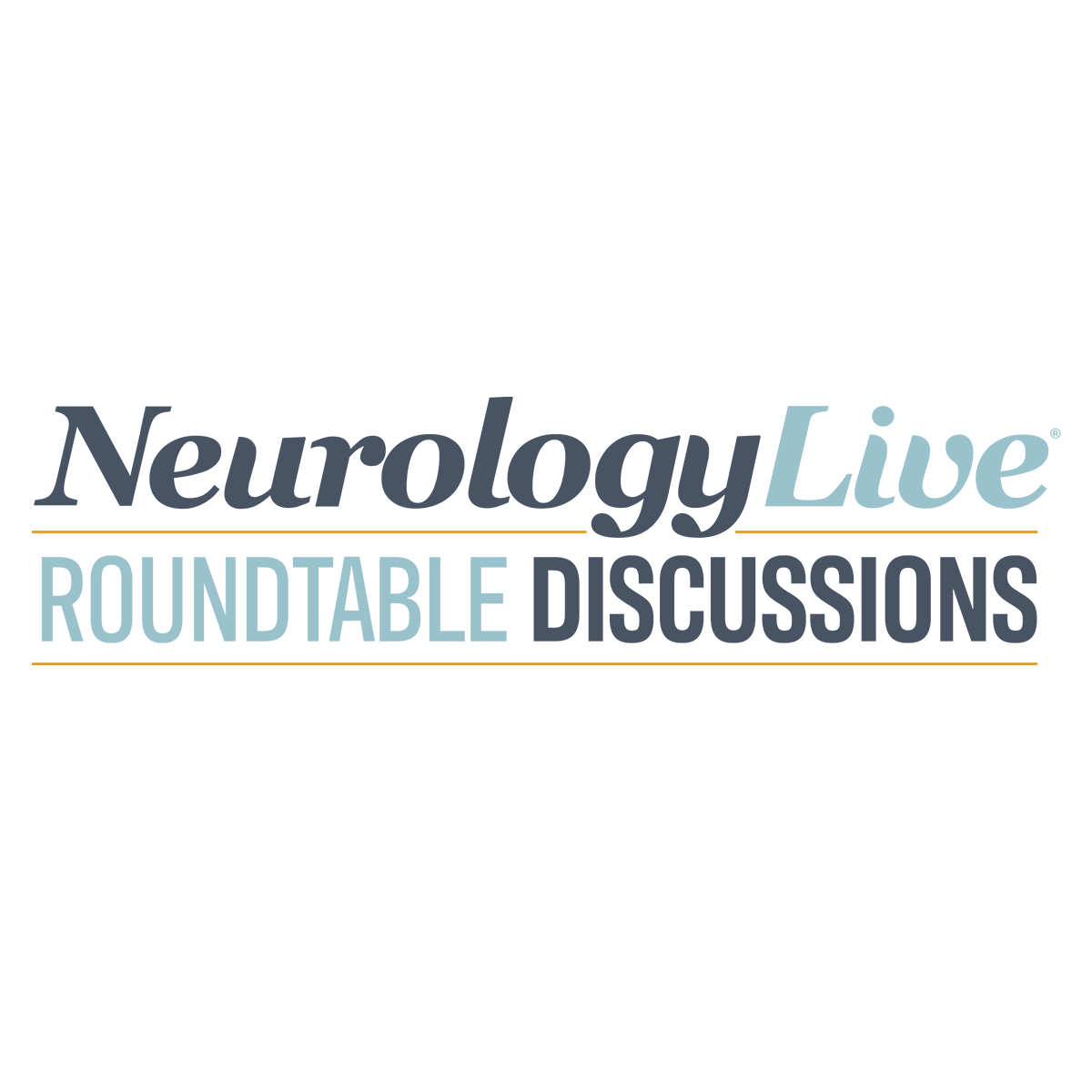
Research Priorities for Advancing Care of Neuroimmune Disorders

Sanford Siegel, Douglas Kerr, MD; and Benjamin Greenberg, MD, detailed the need for greater research on treatment strategies that repair myelin improve neurodegeneration, as well as expanded knowledge on how neuroimmune disorders present. [WATCH TIME: 5 minutes]
WATCH TIME: 5 minutes
Rare neuroimmune disorders are immune-mediated disorders of the central nervous system in which cells become “confused” and mistakenly attack an organ within a person. Patients may have acute flaccid myelitis (AFM) or transverse myelitis (TM) when the spinal cord is affected or optic neuritis when the optic nerve is impacted. In acute disseminated encephalomyelitis (ADEM), MOG antibody disease (MOGAD), and neuromyelitis optica spectrum disorder (NMOSD), there are various patterns of organ involvement, and in some disorders there is the potential for recurrent events.
Over the years, the detection of these disorders, and the way they are treated, has improved significantly. For years, neuromyelitis optica was thought to be a variant of multiple sclerosis (MS), but in 2004, a circulating immunoglobulin autoantibody was reported in patients with neuromyeltis optica that was absent in those with MS. Within a year, the astrocyte water channel protein aquaporin-4 was identified as its target, leading to several advanced therapeutics more than a decade later.
In collaboration with the Siegel Rare Neuroimmune Association, NeurologyLive® hosted a Roundtable Discussion focusing in on the major advances since the organization’s birth, nearly 30 years ago. The panel included Sanford Siegel, current president of SRNA, Benjamin Greenberg, MD, vice chair of clinical & translational research at UT Southwestern Medical Center, and Douglas Kerr, MD, chief medical officer of GeneratioBio and a key figure in the establishment of the Johns Hopkins Transverse Myelitis Center, the only such specialized center in the world. In this episode, the panel of experts provided commentary on the types of research needed to further advance the treatment and management of rare neuroimmune disorders.
Marco Meglio: Looking ahead to the next few years, could you discuss the research landscape? Specifically, where should research efforts be focused in the coming years? Where do you think we still need more research?
Benjamin Greenberg, MD: I believe we can categorize it into two areas. Firstly, for patients with idiopathic myelitis, I see a significant need for research into restoring function. This could involve approaches like rehabilitation, small molecule interventions, or cell-based therapies aimed at improving overall function. Anything proven effective here could potentially benefit those with recurrent diseases, such as modulated or AQAP. Restoring function remains a critical unmet need. Secondly, considering patients at risk for recurring diseases, our world will truly change when we have biomarkers for remission. Currently, it's frustrating to prescribe lifelong immunosuppressive medication without knowing if it's truly necessary. Having tools to identify relapse risk or drug responsiveness would allow us to tailor treatments more effectively.
Sanford Siegel: I'd like to introduce another research category that is challenging to address due to the overlapping symptoms with other disorders like traumatic spinal cord injury. However, there is a substantial amount of suffering within our community. People diagnosed with these disorders often experience bowel and bladder dysfunction, fatigue, depression, and neuropathic pain. These symptoms are difficult to treat, and it often takes time to find the right approach. We need better treatments not only for those with rare neuroimmune disorders but also for people experiencing bowel, bladder, and sexual dysfunction. Symptom management, including addressing the common issue of fatigue, is a significant challenge that extends beyond our specific disorders.
Douglas Kerr, MD: I'd like to add that one critical research area is understanding how autoimmune diseases present themselves. Many labs worldwide are delving into this, often involving abnormal protein presentation on cell surfaces, triggering immune responses. While we are in the early stages of this research, it has broader applications, such as in Crohn's disease, ulcerative colitis, type 1 diabetes, and lupus. Another essential aspect is the development of more precise and nuanced tools for immunosuppression. Our current methods are relatively crude because we lack knowledge about which aspects of the immune system to rebalance. There is growing interest in creating specific immune modulators targeting particular facets of the immune system. Lastly, we are on the brink of a revolution in pain and depression treatment. The era of SSRIs has lasted for decades, but it is evolving rapidly with new therapies that promise better acute treatment options. We can look forward to improved care with enhanced biomarkers, molecular diagnostics, and smarter therapeutics to help patients regain and maintain function for longer periods.
Transcript was edited for clarity using artificial intelligence.
Newsletter
Keep your finger on the pulse of neurology—subscribe to NeurologyLive for expert interviews, new data, and breakthrough treatment updates.










